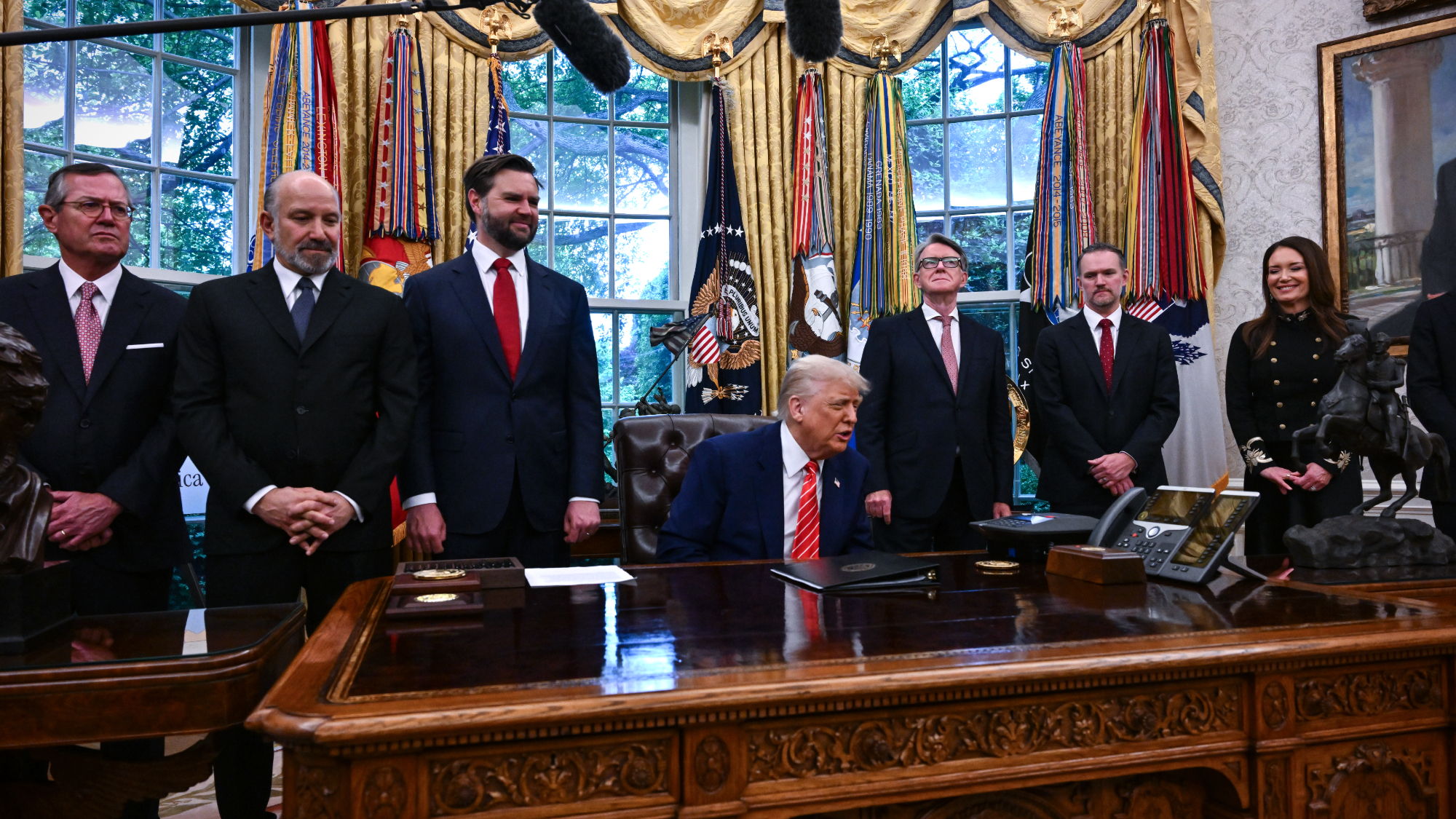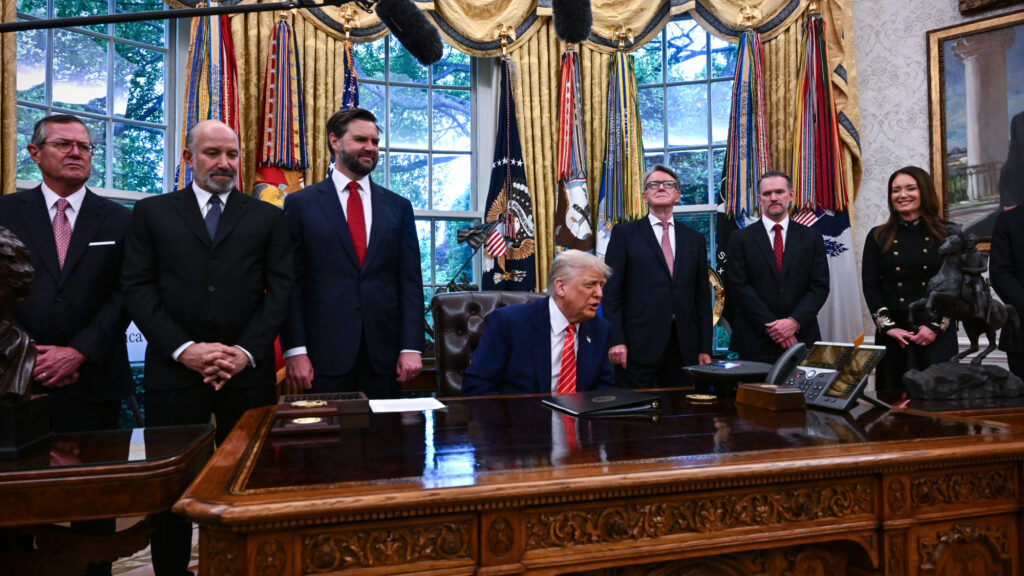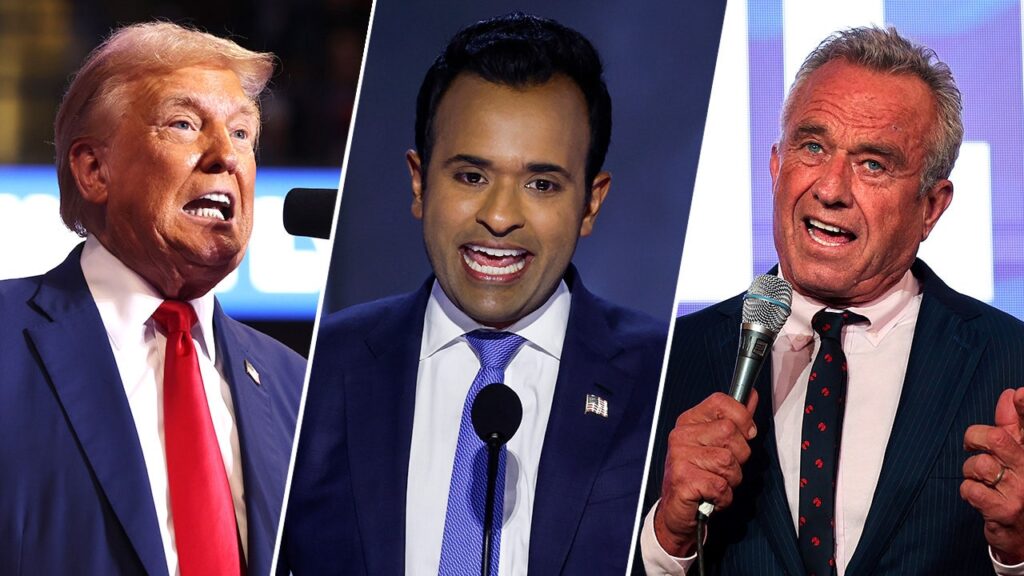What happened
President Donald Trump and British Prime Minister Keir Starmer Thursday announced what the White House called a “historic” and “great” trade deal. The limited bilateral agreement reduces or eliminates some of the tariffs Trump has imposed in his global trade war but keeps his 10% tax on most British imports.
In return, Britain agreed to open its markets to more ethanol and beef. Starmer called it a “really fantastic, historic day.”
Who said what
Trump’s first deal since erecting steep trade barriers was announced in “grandiose terms” but with “limited details about what it will achieve,” The Associated Press said. That reflects Trump’s “haste” to “negotiate with more than a dozen nations and rework the global trading system in a matter of months,” said The New York Times.
Subscribe to The Week
Escape your echo chamber. Get the facts behind the news, plus analysis from multiple perspectives.
SUBSCRIBE & SAVE
Sign up for The Week’s Free Newsletters
From our morning news briefing to a weekly Good News Newsletter, get the best of The Week delivered directly to your inbox.
From our morning news briefing to a weekly Good News Newsletter, get the best of The Week delivered directly to your inbox.
The deal appears “more symbolic than economic,” said Beata Caranci, the chief economist at TD Economics, per The Washington Post. “What we have learned is that these initial announcements are going to be more fine-tuning around the edges and easing of pain points, rather than an end to the trade war.”
What next?
Trump’s team is meeting with Chinese negotiators in Switzerland this weekend. Thursday’s “framework for a trade agreement” could give Trump’s team “momentum as it faces pressure to notch scores more to avoid hurting American consumers,” but the deal is “limited in scope” and focuses on “niche issues regarding the U.K.,” The Wall Street Journal said. Britain was “low-hanging fruit,” and “other deals weren’t seen as likely to come together so easily.”



